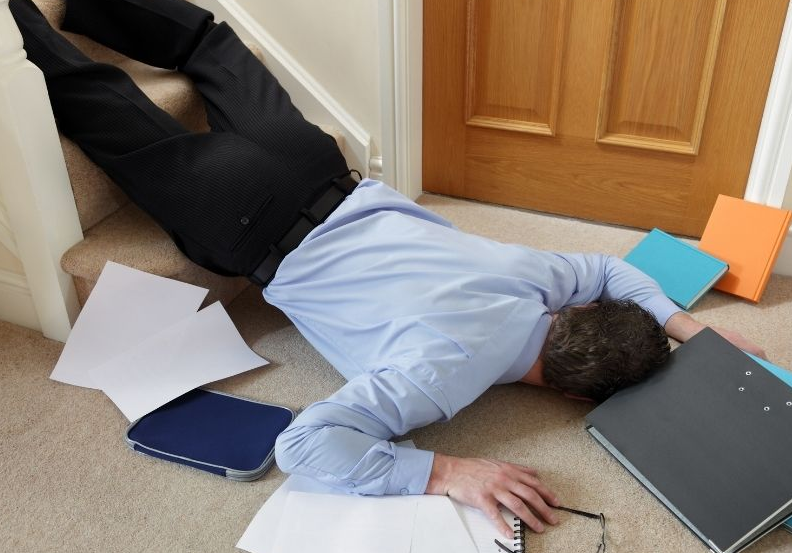Premises liability is an area of law that holds property owners responsible for injuries that occur on their property. Negligence is often a key factor in premises liability cases, as it is often necessary to prove that the property owner was negligent in their duties to maintain a safe environment for visitors. In this article, we will explore how lawyers use legal principles to hold property owners accountable for injuries on their premises.
What is Premises Liability?
Premises liability is an area of law that holds property owners responsible for injuries that occur on their property. This includes both residential and commercial property owners. In order to establish premises liability, it must be shown that the property owner was negligent in their duties to maintain a safe environment for visitors.
Under the legal principle of duty of care, property owners have a responsibility to take reasonable steps to ensure that their property is safe for visitors. This means that they must identify potential hazards and take steps to correct them, such as repairing broken steps or uneven pavement, posting warning signs, or cleaning up spills.
How Negligence Plays a Role in Premises Liability Cases
Negligence is often a key factor in premises liability cases. In order to establish liability, it must be shown that the property owner was negligent in their duties to maintain a safe environment for visitors. This means that they knew or should have known about a potential hazard and failed to take reasonable steps to correct it.
For example, if a visitor to a store slips and falls on a wet floor, the store owner may be held liable for the visitor’s injuries if it can be shown that the store owner knew or should have known about the wet floor and failed to take reasonable steps to clean it up or post warning signs.
How Lawyers Use Legal Principles to Hold Property Owners Accountable
Lawyers who specialize in premises liability cases use a variety of legal principles to hold property owners accountable for injuries on their premises. One such principle is the duty of care, as discussed above. Another important legal principle is foreseeability, which refers to whether the property owner could reasonably have foreseen that the hazard would cause harm to a visitor.
Lawyers may also use the concept of comparative negligence, which compares the degree of fault of the property owner and the visitor who was injured. For example, if a visitor was wearing inappropriate footwear at the time of an accident, the property owner may argue that the visitor’s own negligence contributed to the accident.
Conclusion
Premises liability is an important area of law that holds property owners accountable for injuries that occur on their property. Negligence is often a key factor in premises liability cases, as it is necessary to show that the property owner was negligent in their duties to maintain a safe environment for visitors. By using legal principles such as duty of care, foreseeability, and comparative negligence, lawyers can help hold property owners accountable for injuries on their premises and obtain compensation for their clients.

